
Social Enterprises and Social Business: case studies
Best business models from successful socially-oriented organizations





Wondering how social enterprises and social businesses around the world create, deliver and capture value? If so, here are few case studies just for you!
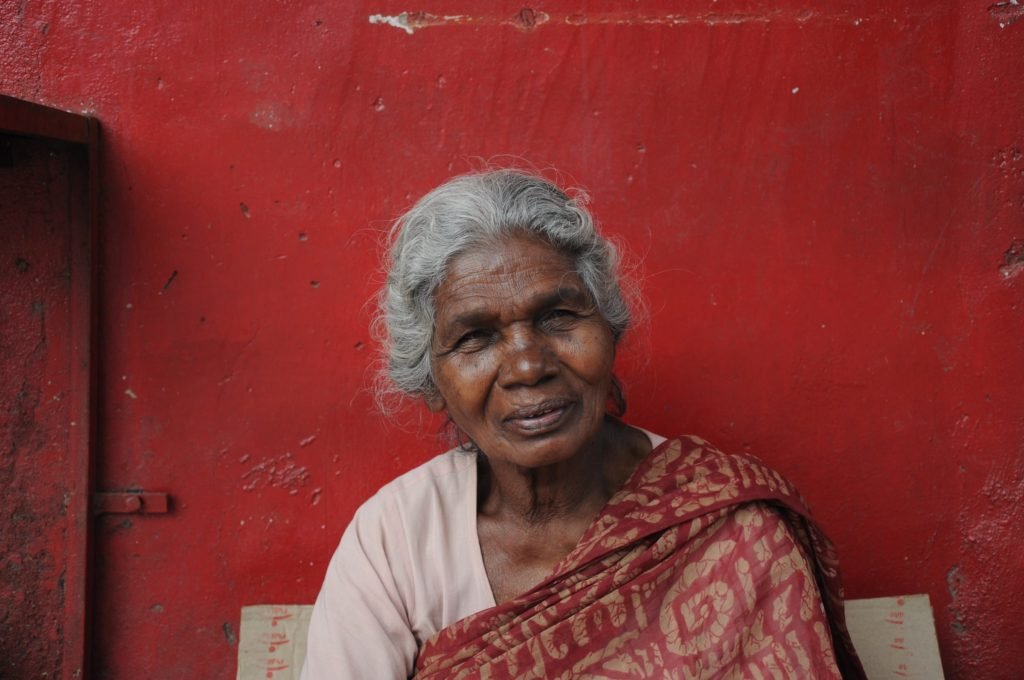




Aravind Eye Care
Since 1976, Aravind works to eradicate needless blindness in India. Every year, this company performs over 400,000 eye surgeries, most of whom are performed free of charge for patients. But how is it possible for Aravind to make all this while remaining financially sustainable?
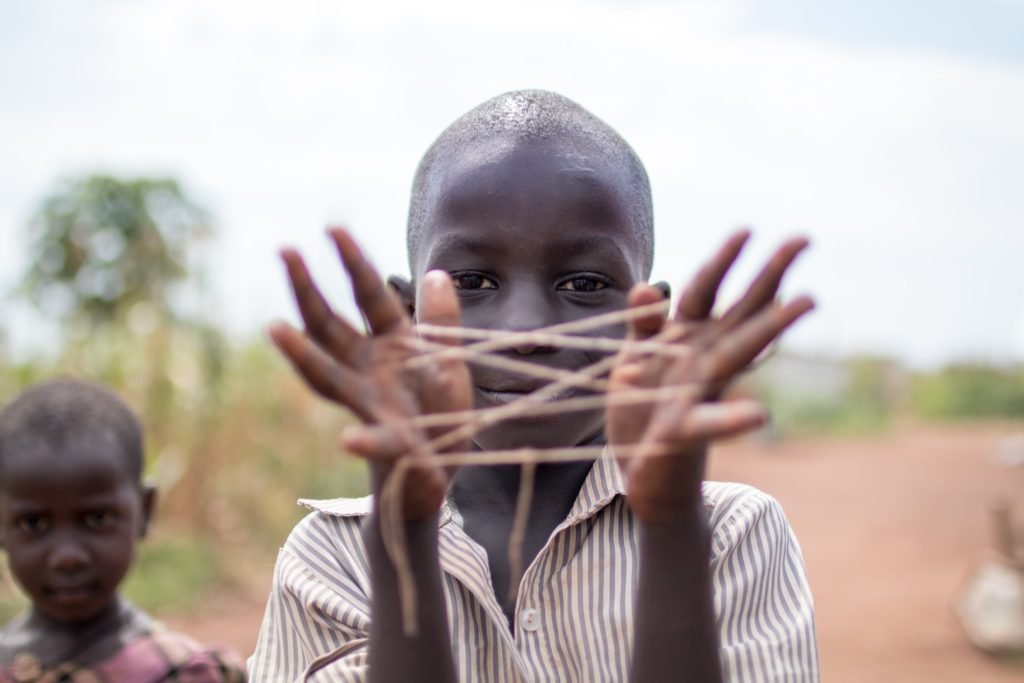




BioLite
BioLite manufactures products to provide clean energy for two different targets: outdoor recreational users and off-grid communities in developing countries. Thanks to its unique business model, called “Parallel Innovation“, the company fulfills social impact and financial profitability.
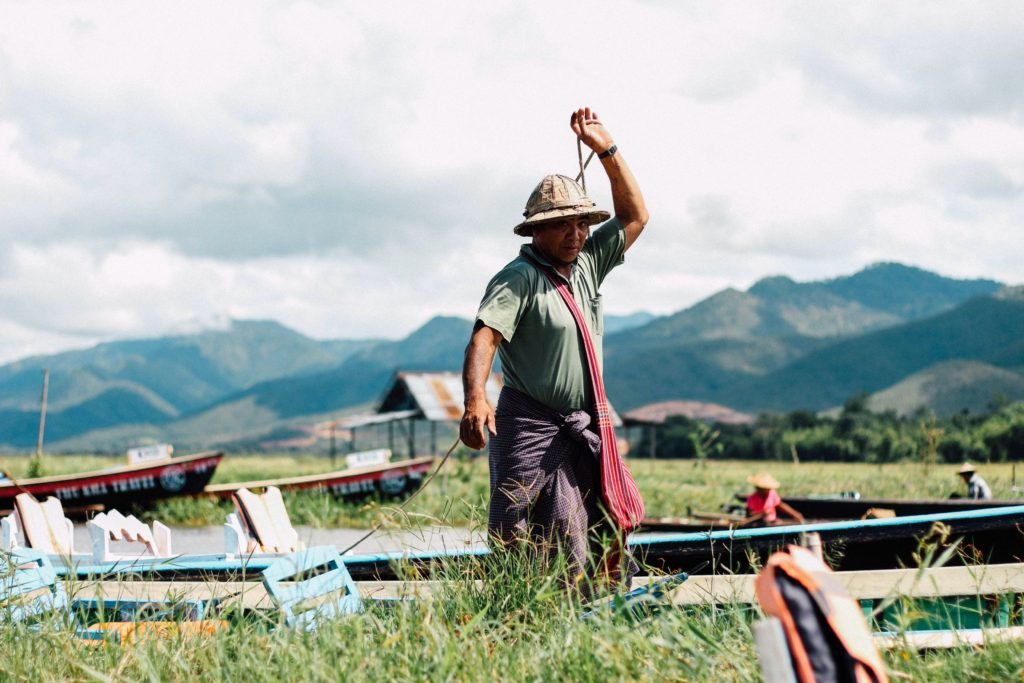




Proximity Designs
In 2004, Tyler and his wife moved to Myanmar and founded Proximity Designs. Here, the firm combines “product model” and “solution model“ to help farmers move out of rural poverty. In fact, Proximity sells farm tech solutions as well as agronomy services and loan products directly to its beneficiaries.
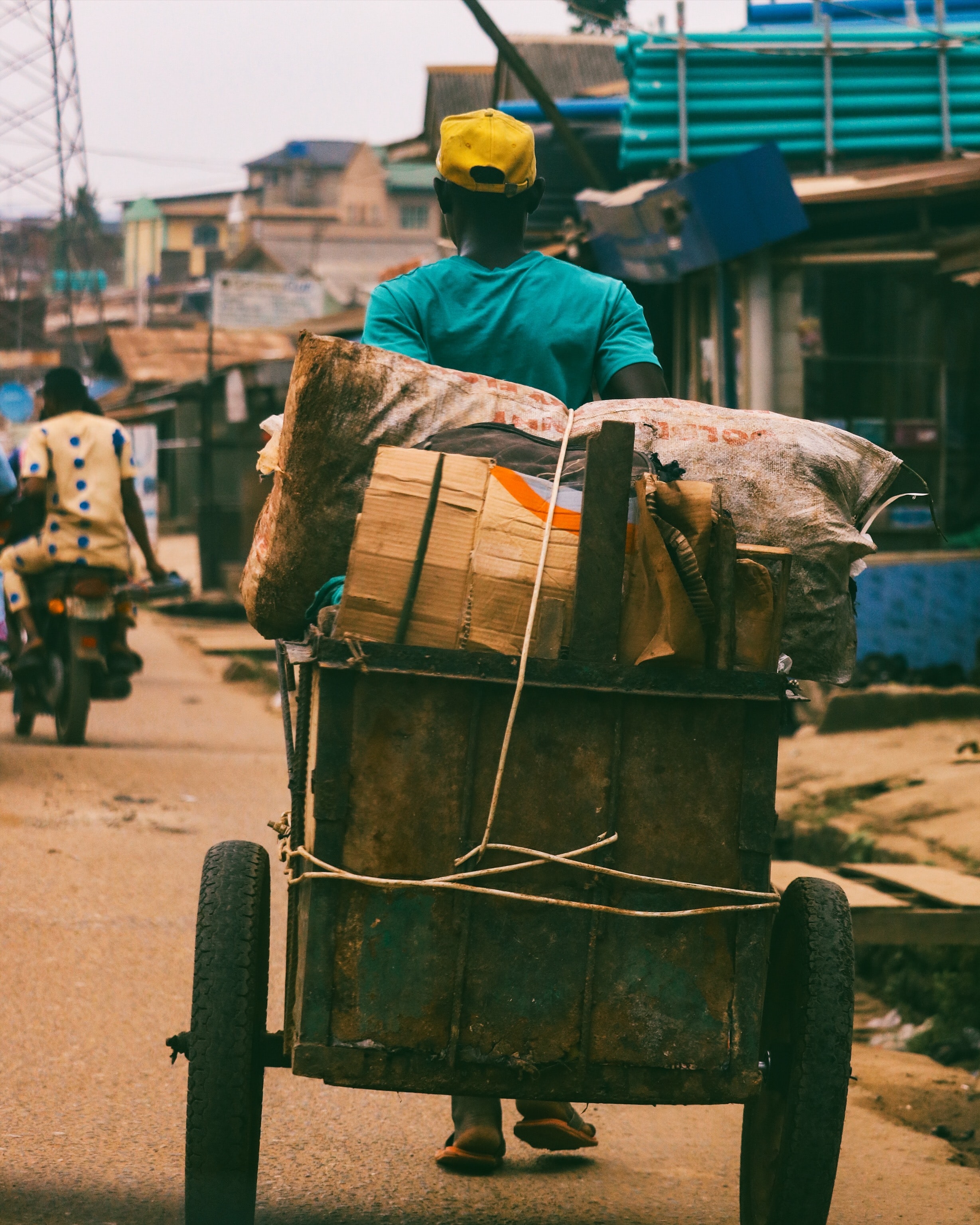




RecyclePoints
Chioma Ukonu launched RecyclePoints in 2015. Since than, the company became one of the most famous waste recycling and social benefit ventures based in Nigeria. Thanks to its circular business model , RecyclePoints collects recyclables while ensuring financial inclusion for households and individuals.
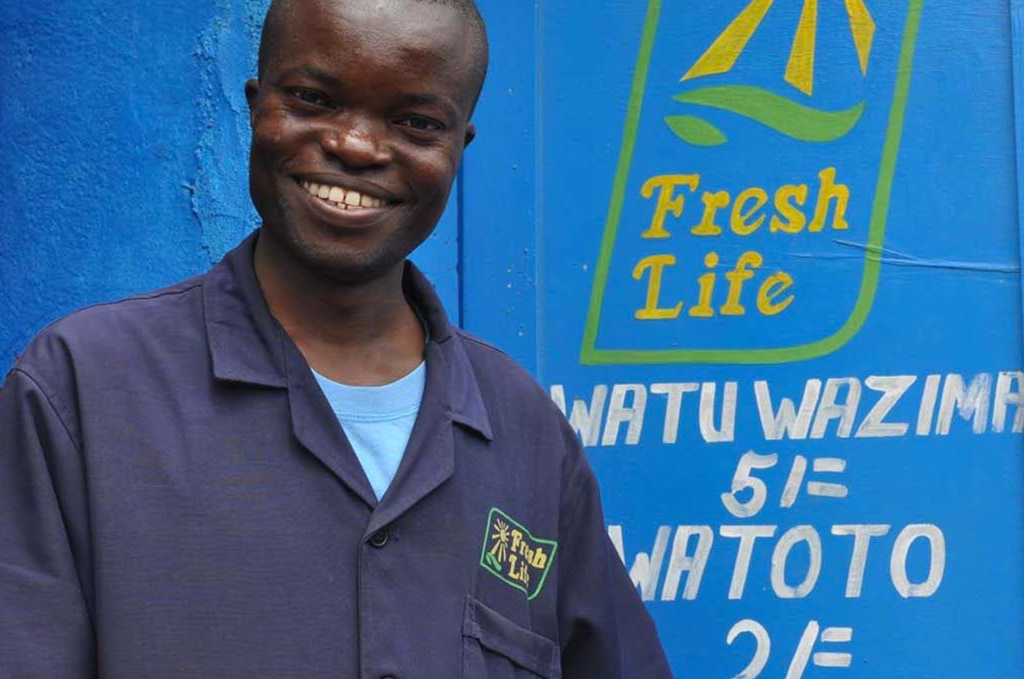




Sanergy
Ever wondered how a “franchise model” can ensure affordable access to hygienic sanitation in urban slums? That’s the story of Sanergy, a company providing accessible sanitation facilities in Kenyan cities and impoverished villages, as well as byproducts for local farmers and horticultural companies.
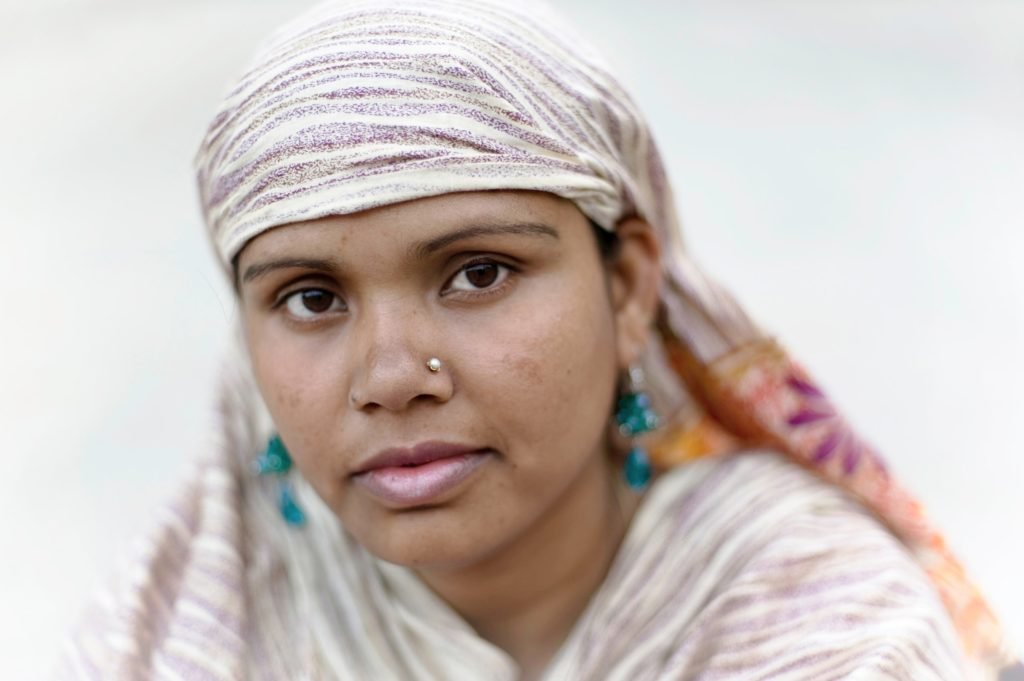




SEP Jordan
SEP Jordan is re-defying stereotypes about refugees, fostering social and economical development in Jerash and Azraq camps (Jordan). An employment business model where refugee artisans are indeed the core engine of a profitable fashion startup, crafting high-end, quality textures.
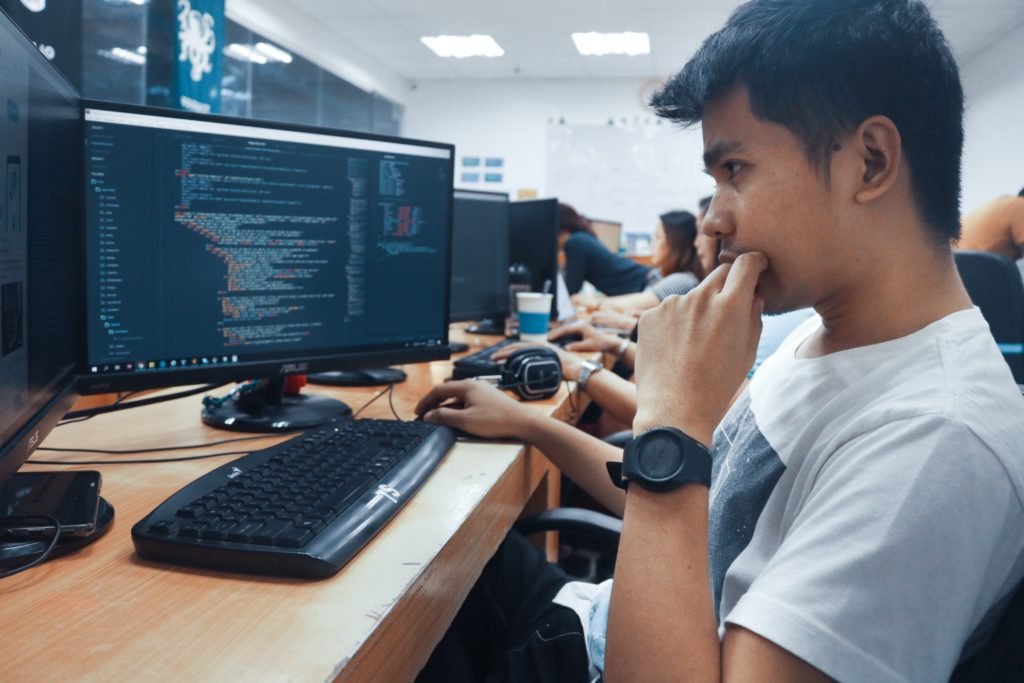




Specialisterne
Thanks to its “multiple business structure“, Specialisterne employs people with autism and offers IT services to international clients. But how did Specialisterne manage to establish its trademark in Denmark, USA, Australia and Brazil, among others, and scale its impact whi?





StartSomeGood
With over $12ML raised and 1095 projects funded, StartSomeGood is widely recognized as a leading crowdfunding platform. By using a traditional “matchmaking model“, the company helps changemakers find risk-capital for their socially-oriented initiatives.
MORE CASE STUDIES COMING SOON















Any social enterprise or social business you would like us to study?
If you do, then send us a message using this form!